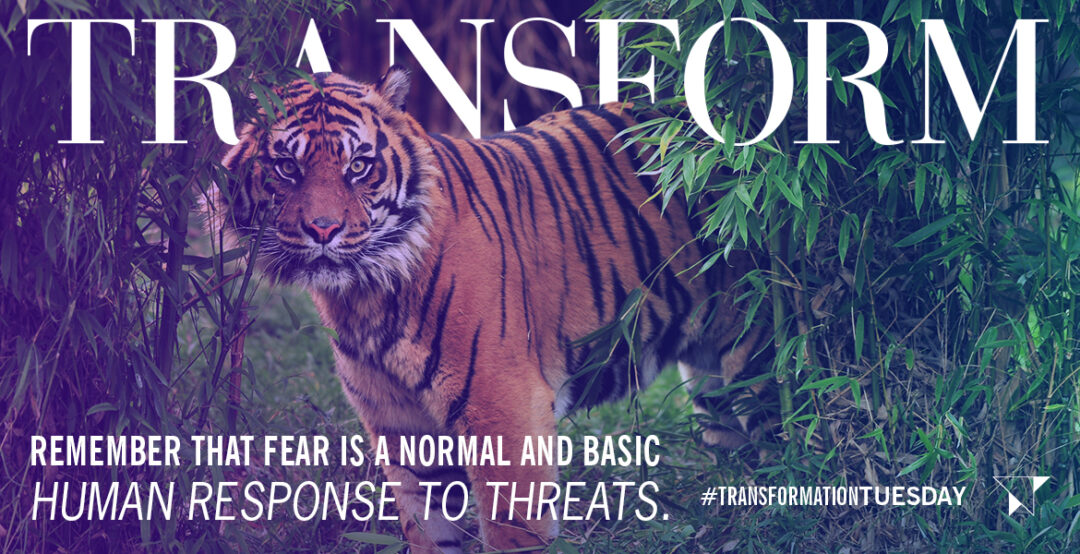Who among us isn’t experiencing fear running through us these days? You can feel it in the ethos. We are engulfed by the news of a pandemic (COVID-19) and our daily routines have been greatly altered. Economic uncertainty is afoot for many.
I am wondering, how are you doing? As for me, it is taking all my awareness and all my skills to keep myself centered in the midst of this chaos. Sometimes I’ll remind myself that this is what I’ve been practicing for all these years. Then I immediately wish I had practiced more. However, I am committed to practicing now. It is my intention to show up. I know it won’t be perfect but it doesn’t need to be.
It’s healthy to remember that fear is a normal and basic human response to threats, the unknown, and to a lack of certainty. It’s also extremely important to remember that it can also be an autonomic conditioned response that can run us ragged if we let it. I promise you; this is NOT a good idea.
Our fears, however, can be based in reality. For example, if there’s a tiger chasing you, fear makes perfect sense. As an Enneagram 6, I intimately know the experience of fear, as 6 is the core fear type in the Enneagram model. I have spent my entire adult life trying to discern between what is a real fear and what I am conjuring up. I can drive by a paper bag in the street and think it’s a child or animal who has been hurt. When I’m lost in that part of my imagination and seeing only fear, it causes me pain, poor decisions, and heartache.
Here’s a helpful strategy for when fear arises:
1. Shift into self-observation mode and notice your thoughts.
2. Ground yourself in your body by directing your attention to your feet on the floor and your body in your chair and breathe. Be gentle with yourself, take your time with the grounding and breathing. Take a moment to reflect on what is really happening right now, at this very moment.
3. Once you reach a position of grounded objectivity, ask yourself, “What is empirically true?” Determine any evidence or proof that you have that validates your fears, and then notice the content of your thoughts and the emotions that arise from those thoughts.
4. Keep breathing and grounding yourself. See if you settle down a bit. I’ll bet you will sort out fact from fiction, real from imagined.
5. Last, ask yourself, “What will my next action be?”
Having a strategy ready when fear arises allows you to acknowledge it, assess it, and then move into taking the appropriate right action for the situation as it actually is. As Theresa often says, “the goal is to shorten the window of time that we are on automatic—having fearful thoughts, in this instance.”
We are human and fear will continue to arise in us, and we will continue to catch ourselves on automatic. The good news is that you can develop tools to help you control as to how long it runs its course and the impact it has on you.
If you need support, we are here. Just reach out. Remember, we are all in this together.
PS—Last night I watched a live stream meditation/talk by Tara Brach. She addressed our current reality of a pandemic and reviewed her RAIN Process. Personally, I love her work. Check out her website here as she usually posts her talks. And, here’s a short 3-centered practice which is a wonderful grounding tool by our very own, Theresa.
Mary Anne Wampler
PRINCIPAL, TRANSFORM INC.
 WORKING EFFECTIVELY FROM HOME
WORKING EFFECTIVELY FROM HOME
Don’t miss our 20-minute webinar with a first-ever
playbook on overcoming the pitfalls from working at home!
Join us today at 9am EST and 12 noon EST.
RSVP here to get login information.




